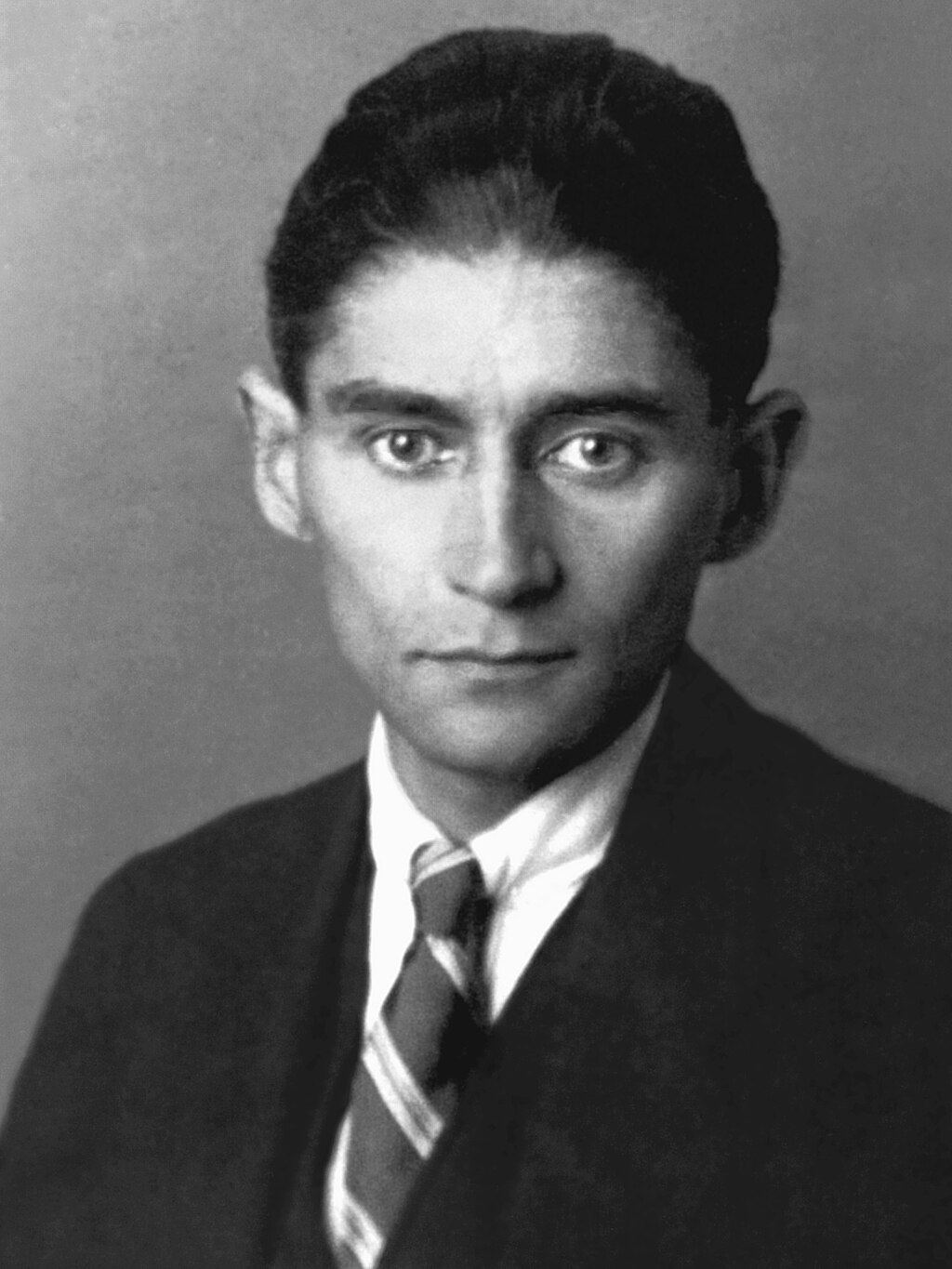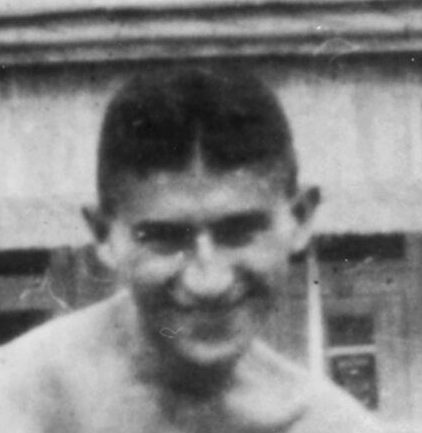In September 1913, during one of his four journeys from Prague to northern Italy, Kafka stayed at the Hotel Gabrielli Sandwirth in Venice. There, he practiced his Italian (which he had started learning in 1907 while working for the Assicurazioni Generali) and wrote a letter to his fiancée, Felice Bauer, saying: “When I got out of bed this morning to look at the bright Venetian sky, these thoughts crossed my mind…”. Kafka’s fiction does not make direct references to Judaism. Unlike his contemporaries James Joyce and Marcel Proust, Kafka deprives his characters of distinguishable ethnic identities. Faithful to his non-affiliation, he places his dispossessed characters in no specific time or place. Kafka writes in his diary about his “infinite longing for independence and freedom in all things.” In both life and literature, he distanced himself from the comforts of national or religious belonging.
Could Kafka’s path to universalism have been through Jewish particularism? Are there Jewish forms and motifs in Kafka’s works that allow his stories to be read as allegories of the modern Jewish experience? The first and most influential reader to suggest this was Kafka’s closest confidant and mythmaker, Max Brod, who wrote: “Even though the word ‘Jew’ never appears in his works, they are among the most Jewish documents of our time.” Brod attributed to Kafka a “humanistic Judaism, whose fundamental meaning is the demand for justice.”
In 1933, the very year Kafka’s books were burned in Berlin, Frassinelli published an Italian translation of the unfinished novel The Trial. Fifty years later, Primo Levi translated the novel for Einaudi. Kafka’s depiction of oppressive power resonated deeply with Levi, a Holocaust survivor. In his preface to the novel, Levi wrote: “This, then, is the human destiny: we can be persecuted and punished for a crime that was never even committed, that is obscure and will never be revealed to us by the ‘court’.”
Our writer-in-residence Benjamin Balint intends to read Levi’s translation as a kind of crossroads between the Prague and Turin writers, exploring their affinities and dissonances. Levi himself remarked, “In my writing, I have always tried to move from darkness to light, like a filtering pump that sucks in turbid water and expels it clarified, possibly sterile.” Kafka’s path, on the other hand, runs in the opposite direction: he unravels the hallucinations drawn from incredibly deep layers and never filters them.”
This project, situated at the intersection of narrative and scholarship, will take the form of a short book published by the Venice-based publishing house Wetlands, as part of one of its series dedicated to the city. Over the past two years, this publisher has established itself as one of Venice’s most vital cultural entities, ensuring widespread distribution of its books both in Venice and across the country. All Wetland’s books are crafted and printed in Venice’s historic center, helping to preserve the skills of the local production chain.
Progetto sviluppato nell’ambito delle iniziative per il Giorno della Memoria e co-finanziato dalla Regione Veneto.
![]()

